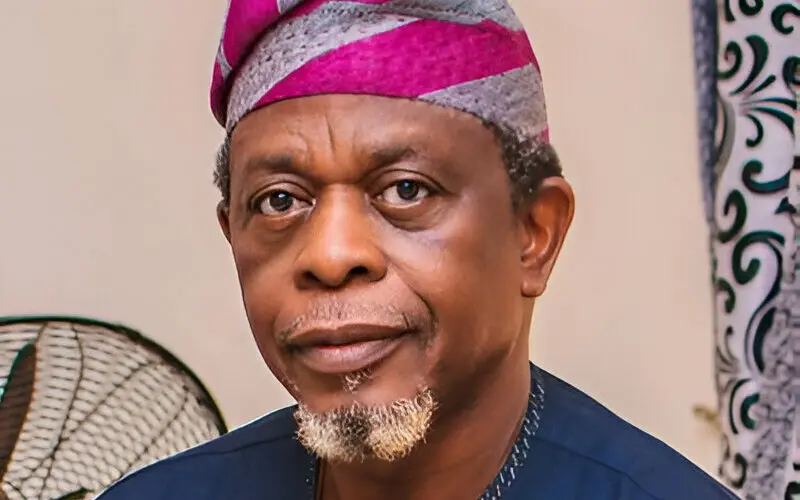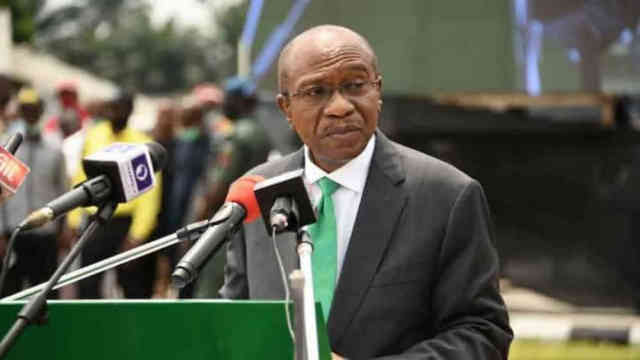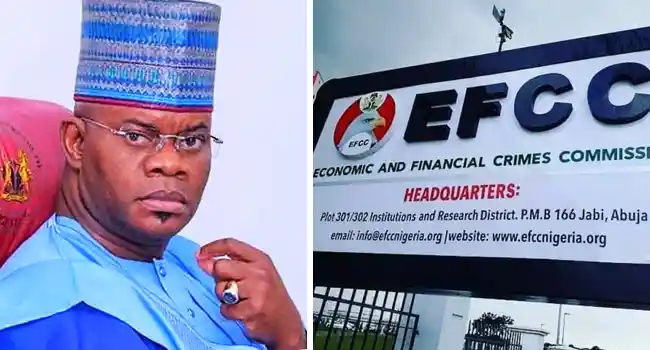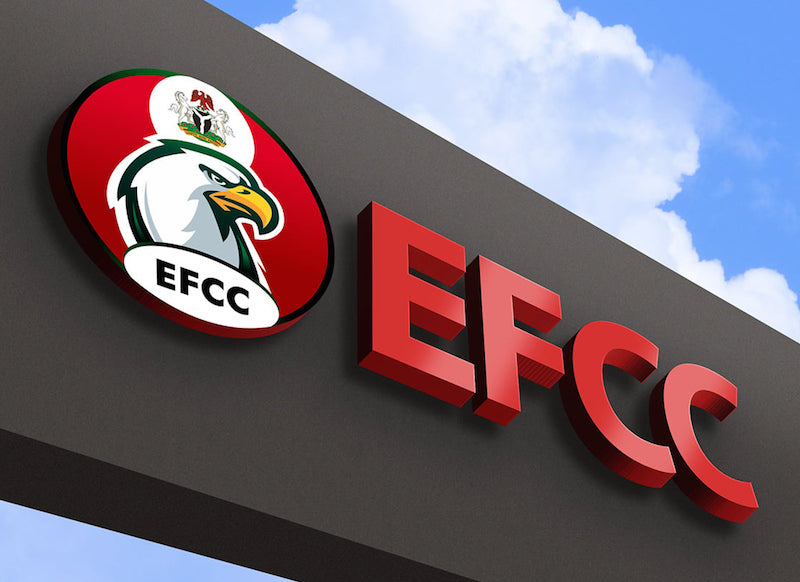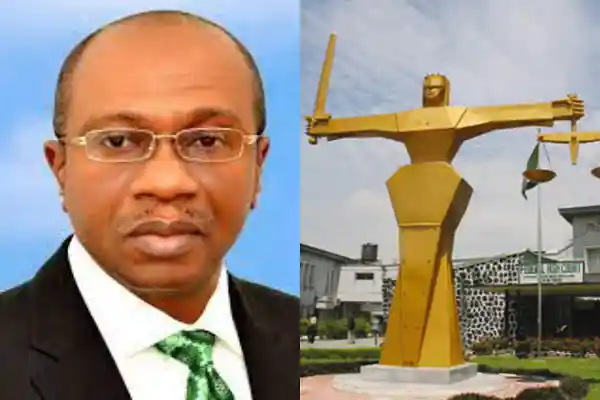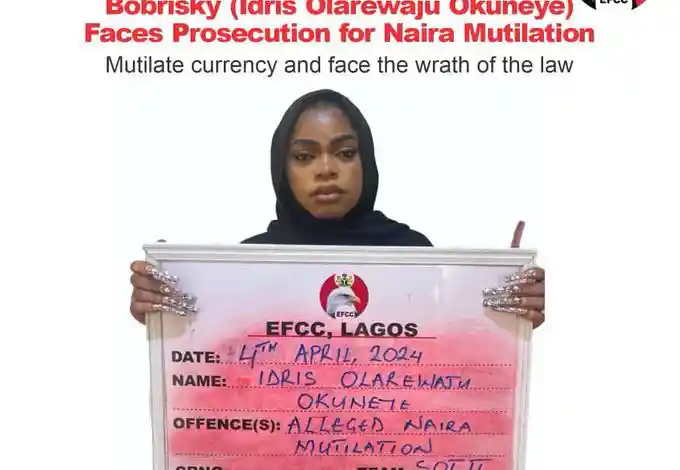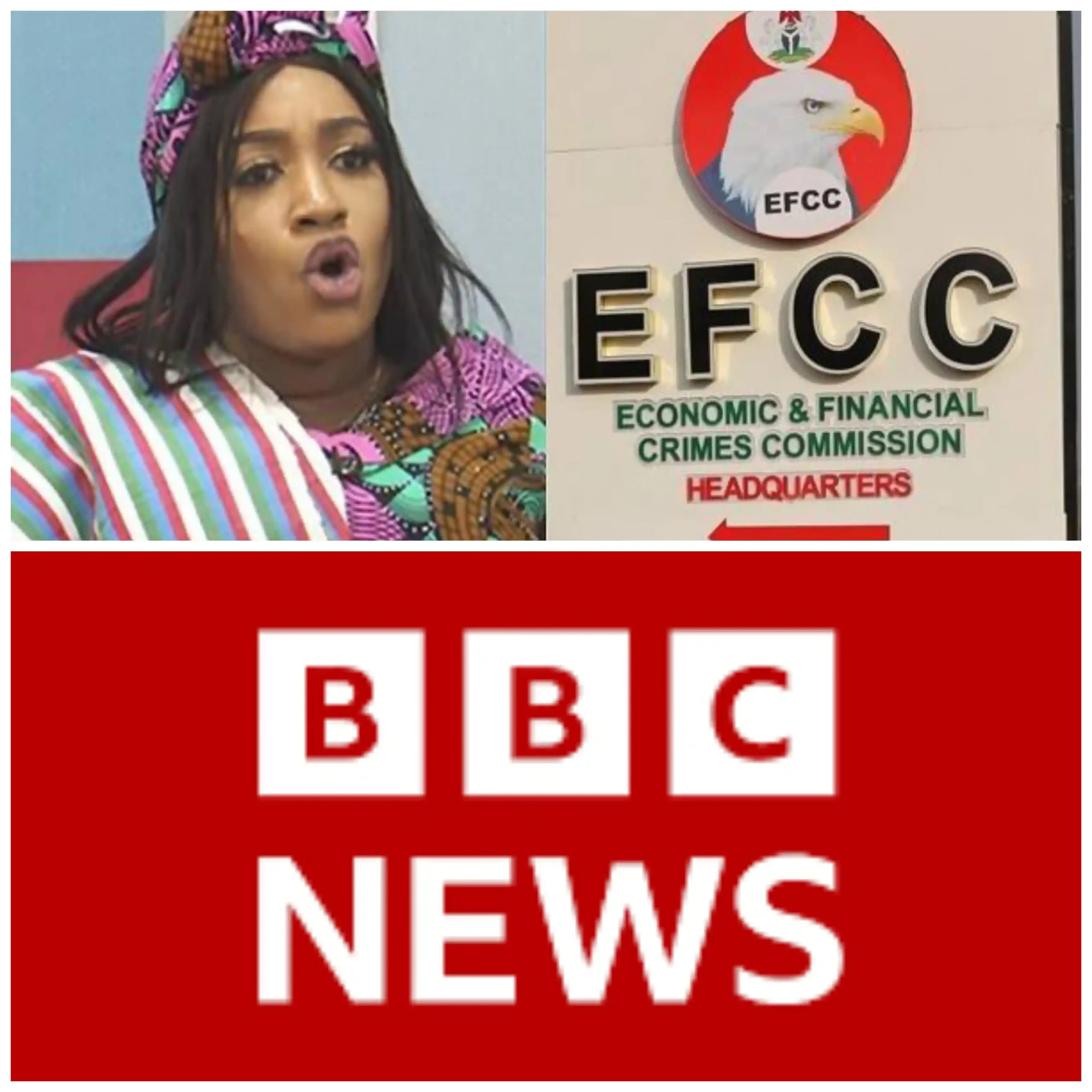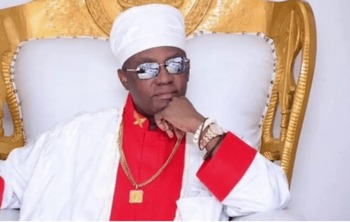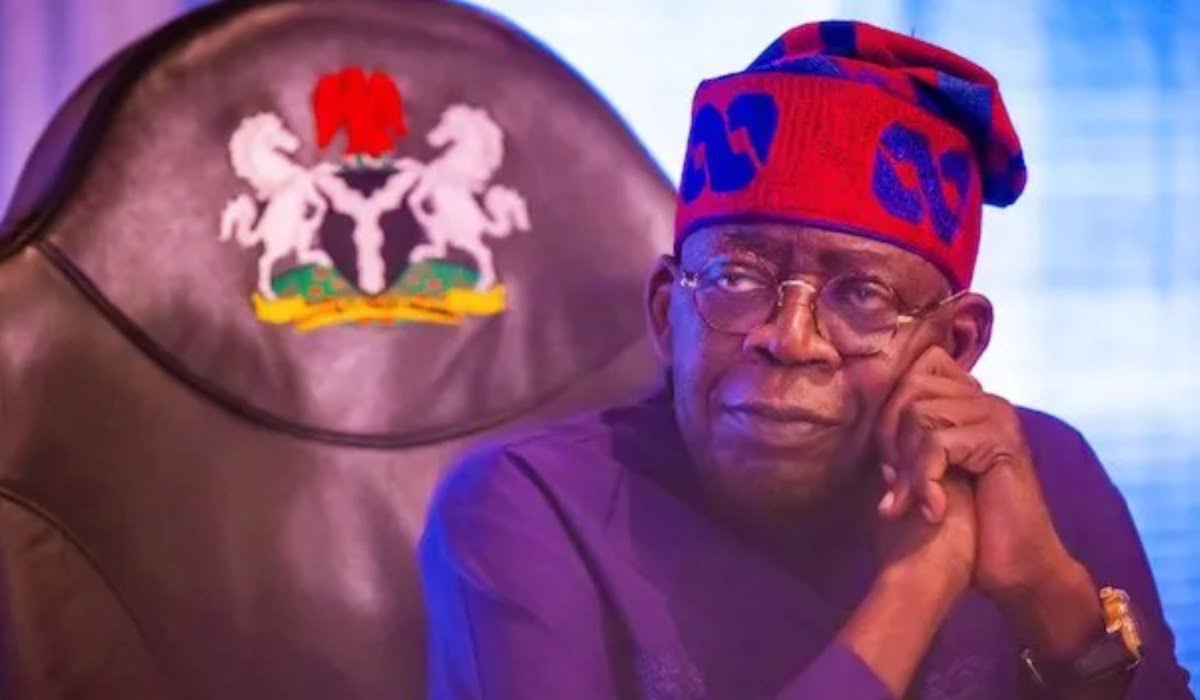EFCC Affirms Free Administrative Bail for Detained Suspects, Warns Against Unethical Practices
The Economic and Financial Crimes Commission (EFCC) has reiterated that securing administrative bail for suspects under its custody comes at no cost.
The statement was made by the acting commander of the Ibadan zonal command of the commission, ACE I Halima Mustafa Rufa’u.
In a meeting with executive committee members of the Ibadan Branch of the Nigerian Bar Association (NBA), led by its chairman, Folashade Aladeniyi, Rufa’u emphasized that neither lawyers nor family members of detained suspects are required to pay any fees for bail.
Read Also : Hakeem Odumosu: 10 things you need to know about the new EFCC Chairman
Rufa’u issued a stern warning to lawyers against acting as both “surety” and legal representatives to suspects simultaneously.
She stressed that such conduct not only jeopardizes the lawyers themselves but also tarnishes the reputation of the legal profession.
“In the event the suspect was released and later jumps administrative bail, the Commission will have no choice than to arrest the lawyer first, before going after other sureties,” Rufa’u cautioned.
During the meeting, the zonal commander expressed her appreciation for the visit by the NBA committee, highlighting its potential to reinforce the collaborative efforts between the EFCC and the legal community.
In response, NBA committee chairman Folashade Aladeniyi praised the Ibadan zonal command of the EFCC for its remarkable work in combating cybercrime and related fraudulent activities in Oyo State.
Aladeniyi further lauded the EFCC’s commitment to addressing economic and financial crimes, particularly cybercrime, as evidenced by the Commission’s impressive track record of convictions.
Also Read : Emefiele weeps Badly as arraignment for fraud stalls
She urged the zonal commander to uphold the rights of suspects in detention by ensuring their prompt release while also pushing for thorough investigations into allegations of corruption involving politically exposed individuals in the state.
The dialogue between the EFCC and the Nigerian Bar Association reflects a collaborative approach to maintaining the rule of law and upholding ethical standards in the legal system.
As the EFCC continues its mission to combat economic and financial crimes, this engagement with legal professionals serves as a crucial step toward ensuring justice, transparency, and accountability in the fight against corruption.


